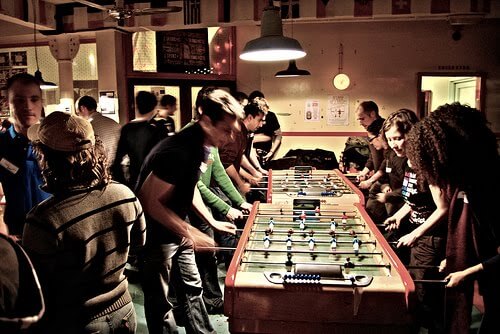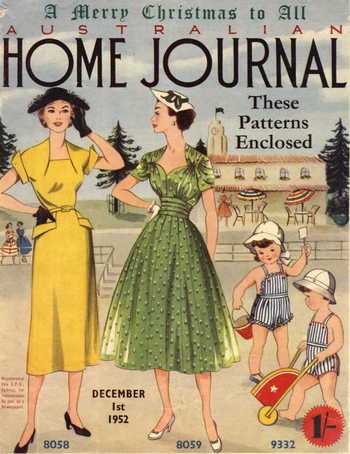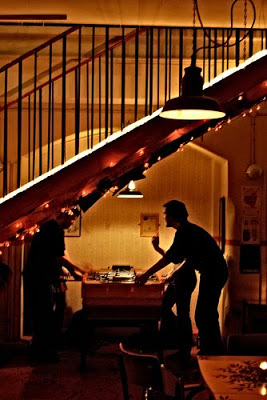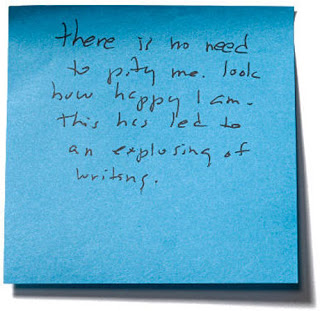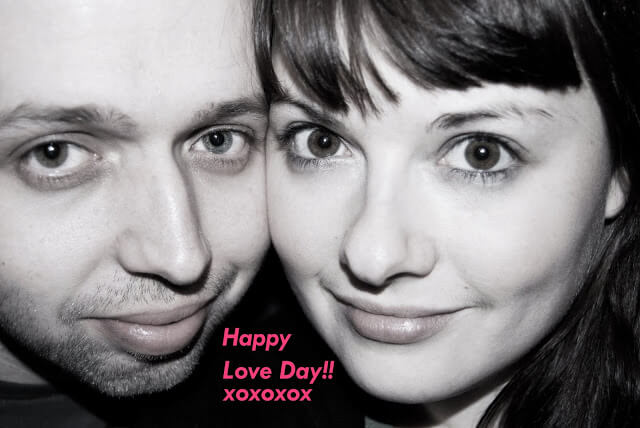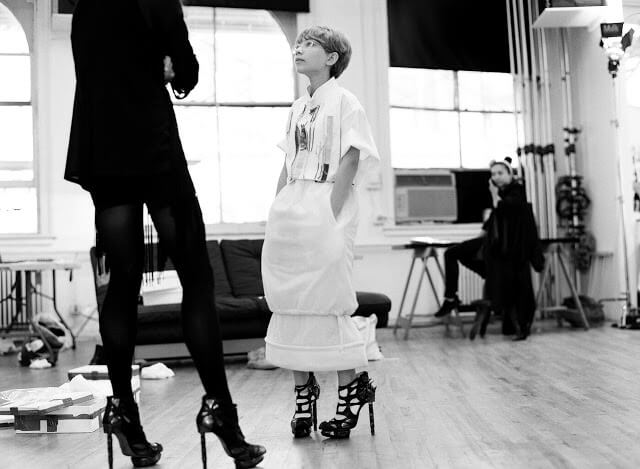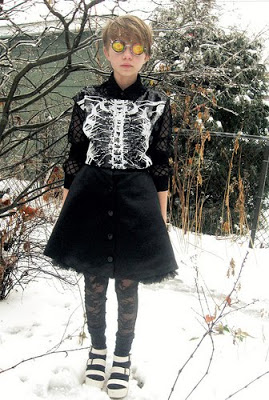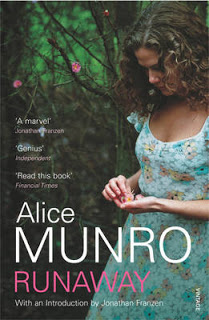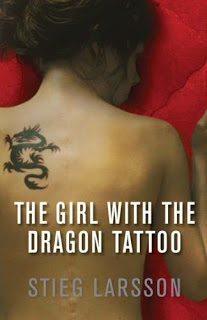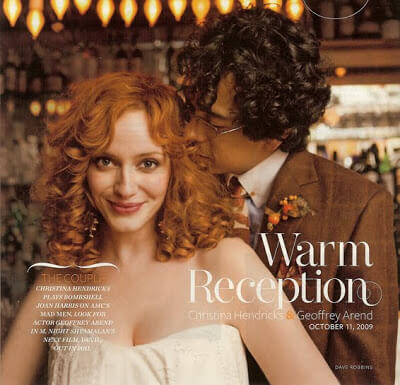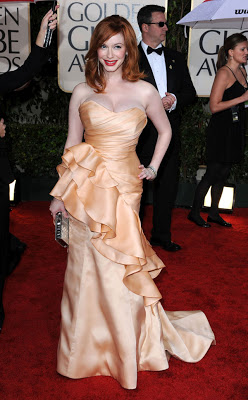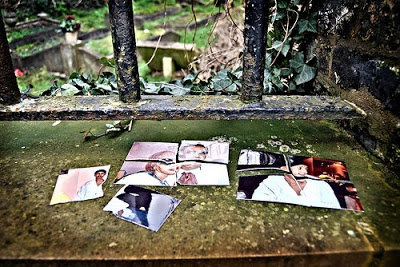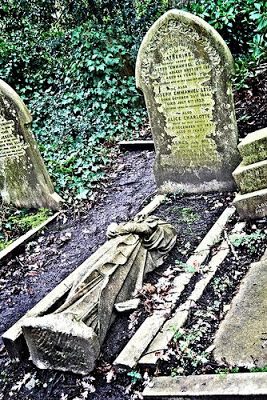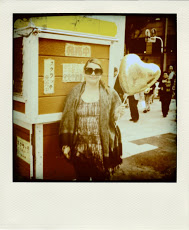Some people don't like the terms 'geek' and 'nerd' and I suppose many of those feelings of discomfort probably hearken back to when they were used like barbs by meanies in school. Until about a year and a half ago, I worked in the Canadian arts sector and have always been arty and into things like writing, photography, going to museums ... I was even in choir in high school. Think Rachel from Glee without the fantastic voice. Even so, I don't remember people using those words - geek or nerd - to cause me pain in school. Maybe they did, but if it was preceded by the word 'art' or 'choir' (as in "art nerd" or "choir geek") I don't think it would have bothered me, or at least not enough to remember.
The etymology of the words nerd and geek are indisputably negative. According to the book Word Origins: The Hidden Histories of English Words from A to Z by John Ayto, nerd "is a term for a dull, socially inept or otherwise obnoxious person." It was actually invented by the popular children's author Dr. Seuss in his book If I Ran to the Zoo (1950):
And then, just to show themGeek, which is not covered in Word Origins, is much older. According to Answer Bag, "it is a variant of geck, a term of German/Dutch origin that dates in English to 1511. It means fool, simpleton, or dupe." Later on, the word was assigned to mean "a carnival performer who does disgusting acts" and eventually just was used generically to describe and "eccentric, oddball or someone with an unusual or odd personality."
I'll sail to Ka-Troo
And bring back an It-Kutch,
A Preep and a Proo,
A Nerkle, a Nerd, and a Seersucker too!
I find it interesting that when these words were most socially damaging was in the 1950s in America, a time after the war when the country was clamoring to rebuild the 'big dream'. Homogeneity was important - everyone was expected to fall in line and fulfill their roles in the same way. People who were different were a threat and words were used as a nasty way to identify non-conformists. The strange oppression of 1950s America ushered in the 1960s, where everything changed and being odd and different was ok, even encouraged. Angry words that had been used to punish difference became somewhat less potent.
All this is a very long introduction to where we are now - 2010 in London, at a very hip bar in Shoreditch, surrounded by a genuinely diverse and friendly group of people, none of whom were carnival freaks or simpletons. Everyone I met was a young(ish) professional - some of them worked in technology companies (developers, techies and such tend to be most closely associated with the terms geek and nerd these days), some worked in film studios, some were photographers and one is even a popular food blogger. Nobody fit into a stereotype.
I like the reclamation of words like 'geek' and 'nerd' by people who are proud to be a little bit obsessive, a little bit manic and completely, unabashedly passionate about what they do. I guess that's how I would separate the nerds and geeks from everyone else - for the most part, they are enthusiastic and head-over-heels in love with something - technology, food, film, photography, even choir ... and they are not afraid to wear their excitement on their sleeve.
Everyone should be so lucky.
To see more pictures from Geek Foosball, click here.
